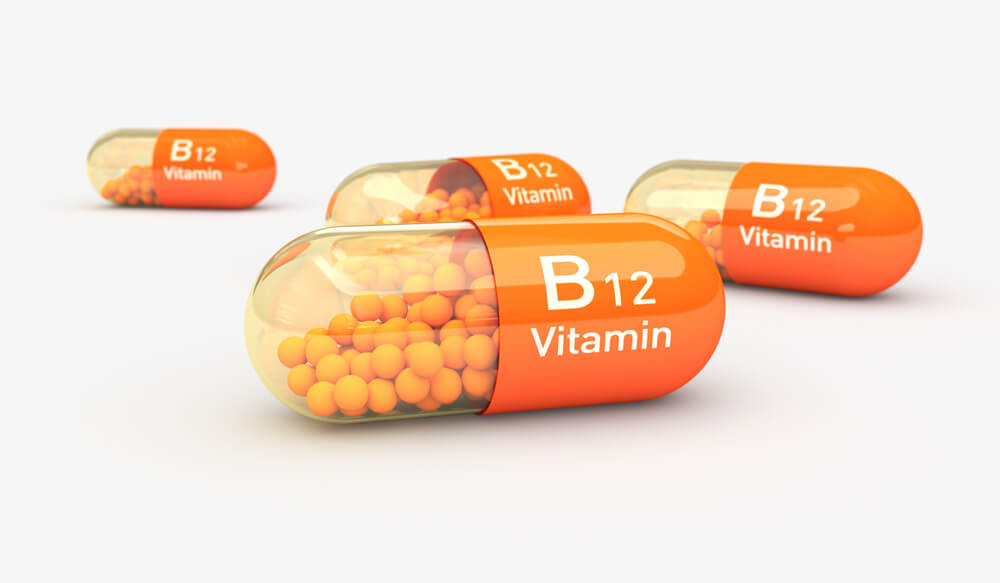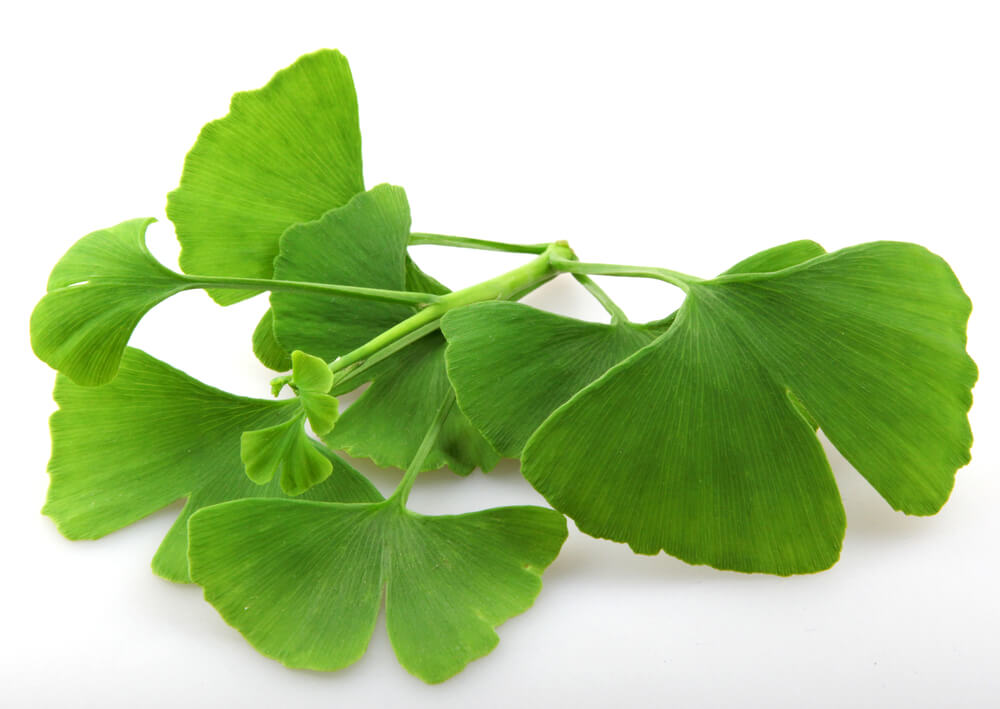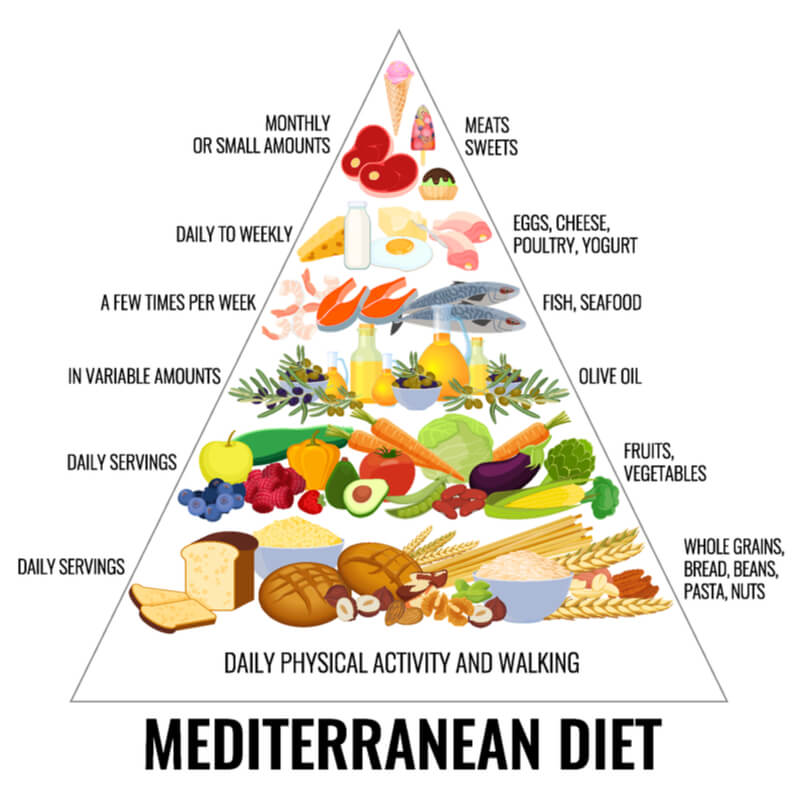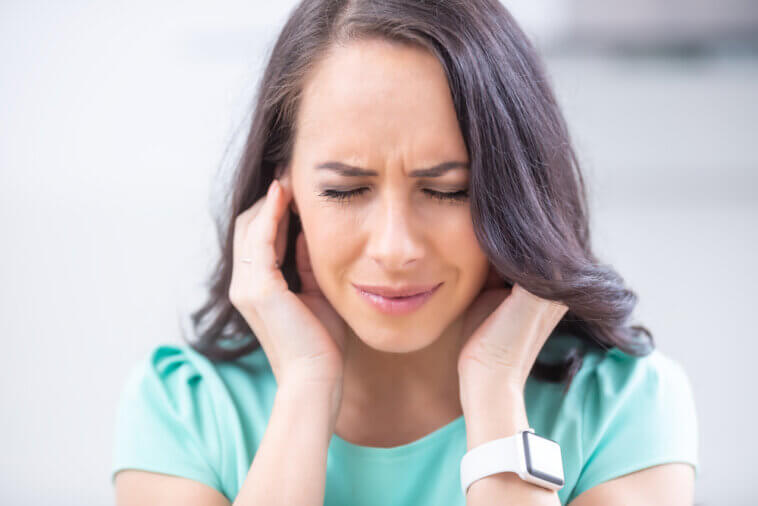Earlier this year, I decided to get tested on Vitamin B12 and Gingko Biloba and they cured my tinnitus. During my research, I discovered that B12 has many beneficial effects. Not only can it prevent tinnitus, but it can also improve energy levels and memory. It may even protect you from heart disease. I was skeptical at first but I was soon convinced.
Vitamin B12 cures tinnitus

Taking vitamin B12 can relieve tinnitus. Studies have shown that over half of all tinnitus sufferers are B12 deficient. Vitamin B12 in the form of methylcobalamin can cure tinnitus. Taking 3,000 to 5,000 mcg a day for a month will resolve the condition. Then, patients can continue to take this vitamin in the form of 1,000 mcg daily for maintenance.
One study found that a single injection of vitamin B12 can significantly improve the severity index of tinnitus in individuals with both a vitamin B12 deficiency and non-deficient tinnitus. Similarly, a placebo injection is effective for tinnitus. The results were mixed, but suggest that vitamin B12 may reduce the symptoms of tinnitus.
Another vitamin B12 supplement that many people swear by is Arches' Tinnitus Stress Formula. It contains B-complex vitamins and a natural vitamin D supplement. This combination is said to relieve tinnitus. The supplements are available as either intramuscular or oral capsules. Vitamin D is also effective for tinnitus, but you should be careful when taking a vitamin D supplement. The vitamin is essential for maintaining health and fighting tinnitus.
The study also reported a significant difference in the loudness of tinnitus among vitamin B12 deficient patients. This difference was not seen in patients with normal vitamin B12 levels. The loudness of tinnitus improved significantly with Vitamin B12 intake. It also improved the severity index for some patients, though not for everyone. The authors note that despite the relatively small number of patients, the results are encouraging and a vitamin B12 deficiency is a viable treatment option.
While there are many vitamins and mineral supplements on the market, the active form of B12 is the most effective. Methylenecobalamin has better results in clinical trials and is recommended for vegetarians and people over 65 years old. However, vitamin B12 supplements can be ineffective for elderly people or for those who have problems with the conversion of cyanocobalamin to methylcobalamin.
Gingko biloba prevents tinnitus

One herbal supplement has generated considerable interest as a potential treatment for tinnitus and hearing loss. A study in animals showed that Gingko Biloba significantly reduced the symptoms of tinnitus when given as an extract at a dosage of 160 mg daily for 12 weeks. However, other studies have reported negligible effects, and further research is needed to determine if Ginkgo biloba prevents tinnitus.
In clinical trials, G. Biloba extracts EGb 761 (r) relieves tinnitus and dizziness associated with dementia. In these studies, 240 mg of the extract decreased dizziness and reduced tinnitus in patients with dementia. In addition, a study in dementia patients revealed that G. Biloba extract prevented the onset of tinnitus and dizziness, which are common symptoms in the elderly.
Although there are many over-the-counter Gingko products on the market, they typically lack the high concentrations of the most active compounds in Gingko. In addition to bilobalide, a neuroprotective substance in Ginkgo, bilobalide has been shown to reduce the symptoms of tinnitus. However, it's important to note that bilobalide is a small component in most retail Ginkgo products.
Additionally, tinnitus has been linked to cognitive impairment and is associated with dementia. Neurogenetics and vascular etiology may play an important role in the development of dementia. Researchers are now evaluating the role of EGb 761 in tinnitus prevention. They may also provide clues to the molecular mechanisms responsible for the effect.
Recent studies have shown that a compound containing the Chinese herb Er-long-Zuo-ci-wan may also help to reduce the severity of tinnitus. Specifically, this plant extract contains Rehmannia glutinosa, Cornus Officinalis, Salvia mittiorrhiza, and Pueraria Rehmannia. Several studies show that EGb 761 stimulates neuronal plasticity in animal models and influences dopamine, serotonin, and noradrenergic transmission.
Another clinical trial showed that EGb 761(r) reduced the symptoms of tinnitus in elderly patients suffering from dementia. The results show that the extract may even reduce anxiety and depression. The effects on patients with dementia are promising, but further studies are needed. These studies should be done to see if it is a viable treatment for tinnitus.
Foods suspected of contributing to tinnitus

A simple way to determine whether certain foods are causing your tinnitus is to keep a diary of what you eat. Although this can be time-consuming, it can ultimately make your life better. The British Tinnitus Association recommends keeping a detailed diary of what you eat, as certain vegetables might make your tinnitus worse. Another way to determine if a particular food is causing your tinnitus is to pay attention to the intensity of your ringing and make detailed notes of whether it subsides or intensifies.
Many doctors recommend following a Mediterranean diet for tinnitus sufferers. This type of diet contains high levels of fish, vegetables, olive oil, nuts, and seeds, and is free of processed foods. Some people also believe certain foods trigger their tinnitus, such as red wine and cheese. Other foods that may help with tinnitus include bromelain and vitamin B12.
A person who has diabetes is more likely to experience tinnitus if he eats sugary foods frequently. The ears and eyes depend on glucose to produce energy, so if glucose levels are higher, then the hearing may be compromised. Alcohol is also a possible cause of tinnitus, as it contains sugar and increases blood pressure. However, you should be sure to consult a doctor before drinking alcohol.
Changing your diet to reduce or eliminate foods with high glutamate levels may help improve your symptoms. However, it is important to remember that research on dietary changes for tinnitus is still limited. The results of a study conducted in the year 2020 have suggested that there is no scientific evidence to prove or disprove the role of dietary change in the onset of tinnitus. Nevertheless, a change in diet may help a sufferer's symptoms.
Many people with tinnitus experience worsening symptoms when they eat foods high in saturated fat. Excess salt in the bloodstream increases blood pressure, which constricts the blood vessels and causes louder tinnitus. In addition to saturated fats, tinnitus sufferers should limit their consumption of cheese and tonic water, as these foods can worsen the condition.
Research suggests that a diet rich in fruit and vegetables is associated with an elevated incidence of persistent tinnitus. A diet low in dairy, wholemeal bread, and eggs is associated with a reduced frequency of “bothersome” tinnitus. Caffeinated coffee and fish consumption have also been linked to reduced tinnitus. Regularly checking your hearing can detect problems early.
Dietary factors have not received extensive attention in clinical trials, but dietary factors are an important concern for both people with tinnitus and their clinicians. One large study of adult patients aged 40-69 aimed at identifying dietary factors that may affect the development of tinnitus. The study included 171,722 subjects. The participants answered questions related to diet, including how many portions of fruits and vegetables they ate daily, how much fish they ate each week, and whether they consumed caffeine and sugar. It controlled for a range of other factors, including lifestyle, hearing, and health.




Comments
Loading…